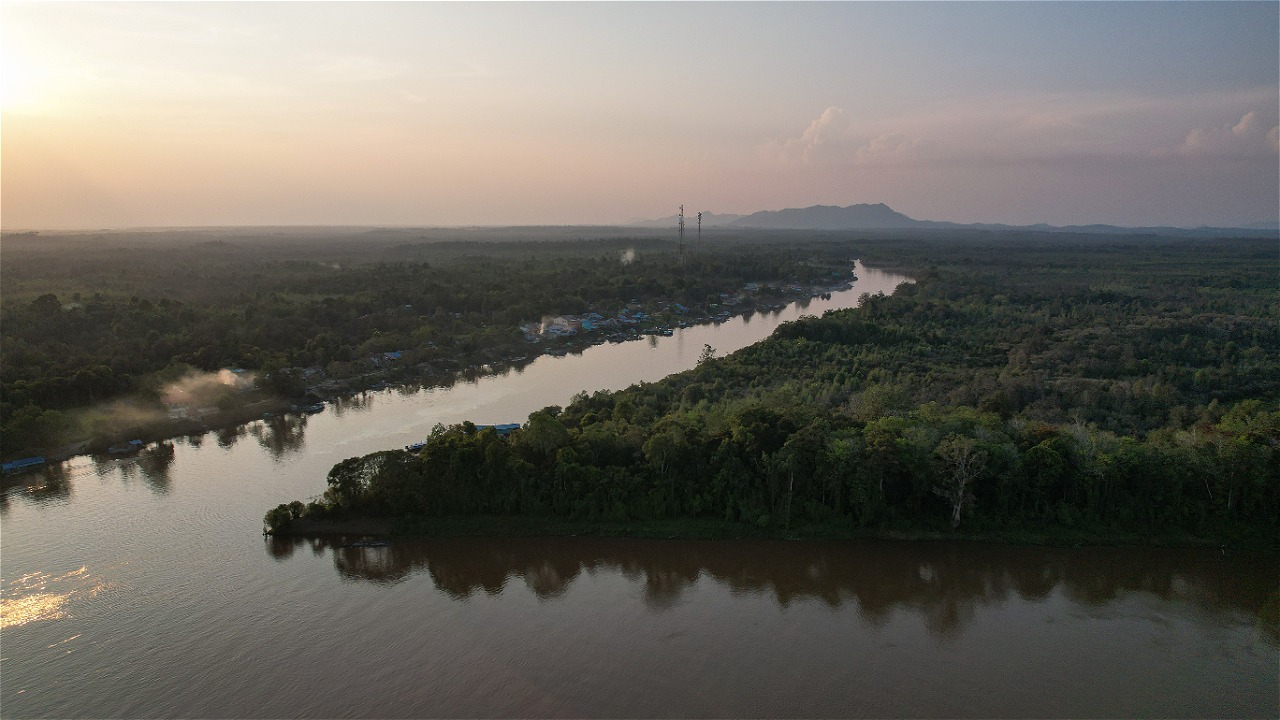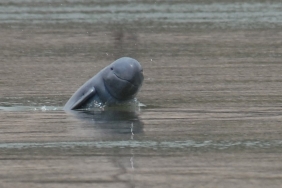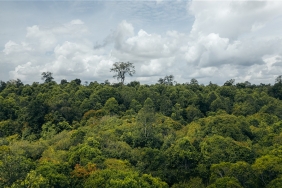HIGH CONSERVATION VALUE CONCEPT INTRODUCED TO EXTENSION WORKERS
"SINTANG - The Sintang District Government and WWF-Indonesia collaborated on capacity building for High Conservation Value (HCV) field instructors in Sintang City, August 10-12, 2017. This is part of a joint effort to introduce the concept and initiate an extension group to assess the area using the HCV tool.
Market Transformation Initiative Coordinator WWF-Indonesia West Kalimantan Program, Muhammad Munawir said HCV is one of the tools to determine the importance of an area. "The assessment is based on three aspects, namely environmental, economic, and socio-cultural," he said in Sintang, Thursday (10/8/2017).
According to Munawir, the HCV assessment is an effort to prevent land clearing and to raise awareness of the importance of maintaining High Conservation Value Areas (HCV Areas). One of them is for oil palm plantation areas.
The development of oil palm plantations that do not comply with the rules, said Munawir, can be a trigger for environmental damage. This can happen if companies and independent oil palm plantations open areas that are not intended for oil palm plantations. For example, forest areas, peat, and other high conservation value areas.
Munawir further said that to be able to reduce threats to high conservation value areas, well-planned management and monitoring were needed. "Through this training, it is expected that field instructors can be part of identifying, managing, and monitoring KBKT in their working areas," he said.
He hopes that field instructors can be one of the parties contributing to village development planning such as the Village Medium Term Development Plan, Village Spatial Plan based on HCV assessment results, so that sustainable development can be realized at the village scale.
The Head of the Sintang Agriculture and Plantation Office through the Head of the Extension Staffing Section, Sonya Puspasari, appreciated this activity as an appropriate breakthrough. "It is very important for field instructors to have HCV knowledge to answer existing challenges and can reduce threats to environmental sustainability," she said.
According to Sonya, field instructors are an extension of the local government whose presence is very close to the community. "Therefore, optimizing the role of these field instructors is a strategic step," she said.





